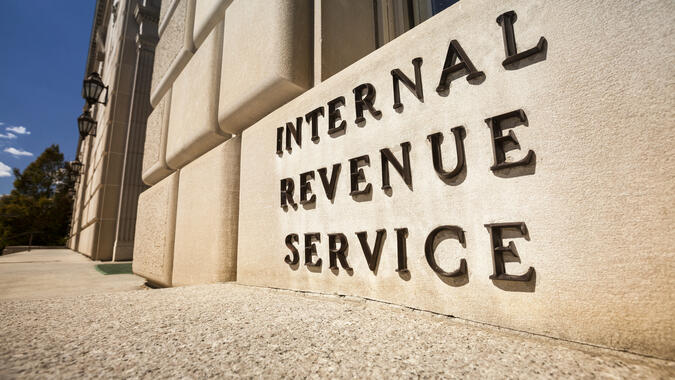Record Retention for Retirement Plans
- Published
- Feb 2, 2015
- Share
The IRS, through its periodic newsletter, recently issued a reminder to plan sponsors regarding record retention requirements for retirement plans. The IRS notes that retirement plans of all types are intended to be long-term programs to accumulate benefits for retirement. Accordingly, plan trust records and plan documents are required to be maintained by the plan sponsor under the Internal Revenue Code and the Employee Retirement Income Security Act of 1974 (“ERISA”) as they may become material in administering pension law under ERISA, the Internal Revenue Code, and related regulations.
Types of Retirement Plans and Plan Document Retention
The IRS indicated that record retention applies to SEP plans, SIMPLE IRAs, 401(k) plans, profit-sharing plans and defined benefit plans. For plan sponsors of ESOPs and any still-existing money purchase or target benefit plans, these policies would also apply. Specifically with respect to plan documents, IRS stated that plan sponsors should retain the plan and trust benefits and contracts, and collective bargaining agreements. As to what constitutes your plan document, the following examples were given:
- SEP Plans – Form 5305-SEP or 5305A-SEP should be retained as your plan document.
- SIMPLE IRA Plans – Form 5304-SIMPLE or 5305-SIMPLE should be retained as your plan document.
- Profit Sharing, 401(k), Defined Benefit and Other Types of Plan – The plan document, adoption agreement (if applicable) and all plan amendments should be retained as your plan document.
Other Retirement Plan Records
Depending on the type of plan sponsored, the plan sponsor should also retain trust records, including but not limited to investment statements, balance sheets and income statements. Participant records that should be retained include employee census data, account balance, contributions, earnings, loan documents, participant statements and participant notices.
Number of Years Retirement Plan Records Should Be Retained
According to the IRS, plan sponsors (and their successors) should retain retirement plan records, including plan documents, until the plan trust or IRA (in the case of SEP and SIMPLE plans) has paid all benefits and the statute of limitations (generally 3 years from the date the plan is terminated and all assets are distributed or rolled over) has expired for the plan to be subjected to an audit by IRS.
Conclusion
Plan sponsors need to have sufficient records to document that each plan participant was paid the correct benefit under the terms of their retirement plan. Accordingly, plan sponsors should review records and ensure that their document retention policy reflects the IRS guidelines
What's on Your Mind?
Start a conversation with Peter
Receive the latest business insights, analysis, and perspectives from EisnerAmper professionals.











